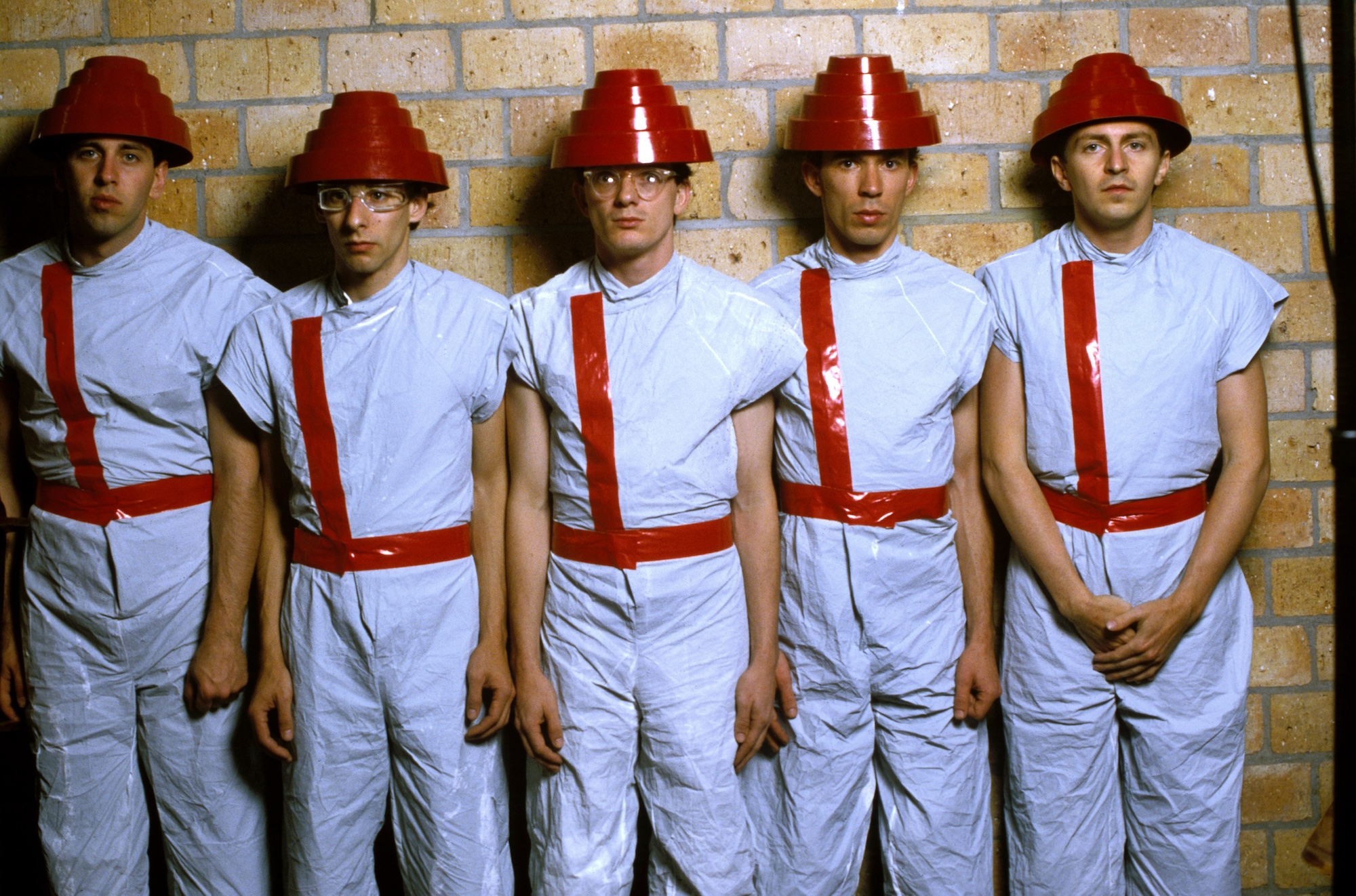
"The most eccentric and singular of all art school projects-turned-bands managed to grab the attention of the most garden-variety stripmall metalheads."
"Gerald Casale and Mark Mothersbaugh met as students at Kent State, bonding over a shared taste for art whose ironical obscurantism expressed their view that US culture was devolving into consumerist, conformist vapidity."
"Early performances were more deliberately alienating performance art than anything close to 'rock'—with footage showing an audience walking out."
"The actual 'devolution' conceit got borrowed from a moralizing 1930s pamphlet they stumbled across."
Devo gained unexpected recognition from various male demographics during the late 1970s and early 1980s despite their eccentricity. Band members Gerald Casale and Mark Mothersbaugh, who met at Kent State, shared an art perspective that critiqued consumerism and cultural conformity. Their performances often alienated audiences, with early shows described as performance art that led to many walkouts. The concept of 'devolution' they embraced stemmed from a 1930s pamphlet, intertwining their artistic vision with historical events like the Kent State massacre.
Read at 48 hills
Unable to calculate read time
Collection
[
|
...
]